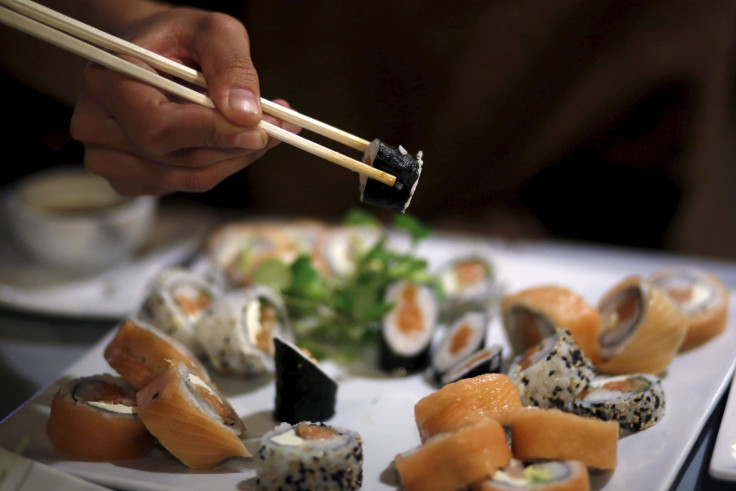People With Best Diets in US, Japan: Cultural Differences In Healthy Eating

American businessman Jack Welch famously said: “Culture drives great results.” But does this apply to living a healthy lifestyle and making good food choices, too? According to a new study, it does. The consensus shows that people in Japan and the U.S. who fit better with their cultures also have healthier eating habits.
"Our results suggest that if you want to help people to eat healthier —or if you want to promote any type of healthy behavior — you want to understand what meaning that behavior has in that culture, and what motivates people to be healthy in that culture," explained the study’s lead author, Cynthia Levine.
She and an international team of researchers from the U.S., Japan and Chile looked at samples of eating habits — analyzing how frequently each week that people ate certain items, in addition to data on cholesterol and how participants relate to food when under stress. These analyzed diets included fish, vegetables, or sugary beverages, and the study subjects were all United States and Japan-based middle-aged adults.
What determines if someone is culturally fit? Participants in the U.S. with high scores on independence fit into the country’s culture better.
"In the U.S., having choice and control and being independent are very important," Levine said. "Giving people lots of healthy choices or allowing people to feel that they have control over whether they eat healthy options is likely to foster healthier eating."
Meanwhile, participants with high scores on interdependence have the best cultural fit in Japan.
"Instead," Levine added, "in Japan, promoting healthy eating is likely to be most effective when it builds on and strengthens social bonds."
According to the study’s findings, this research is consistent with other work showing that fitting into one's culture shapes the healthiness of one's food consumption.
How can this information be utilized in the future? The lead author wants to use these results in upcoming studies about the role of culture in everyday behaviors.
"We would like to explore how these cultural differences in the meanings of common behaviors can be utilized to encourage healthy eating or healthy behaviors," Levine said.
Read More:
What Is 'Clean' Eating? 33 Healthy Foods For Weight Loss: Read More
Source: Levine C. The healthiest eaters are the most culturally ‘fit’. Personality and Social Psychology Bulletin, 2016.



























